If you’ve noticed that you need more then 9 hours of sleep to feel rested, it can be a sign that you are suffering from a health issue. Especially if you’ve been falling asleep in unpredictable places and at unpredictable times. That is why it is essential to look a little deeper into the cause of your oversleeping issue. In most cases, oversleeping is overlooked, as most think that it is due to long work hours. But not paying attention to this can lead to you ignoring the true problem which can have some bad side effects.
Sleep is a rapidly growing field of research, and we are learning more all the time about how rest affects the body and mind. It’s known that sleep is a time when the body repairs and restores itself, and getting too little rest can lead to a whole host of health problems.
So, more sleep must be better right? Not so fast, say some researchers.
More evidence is showing that spending an excessive amount of time in bed is also linked with health hazards. In some ways, oversleeping itself appears to directly influence certain risk factors, and in other cases, it may be a symptom of other medical conditions.
Read on to learn about the effects of oversleeping, what to look out for and how to work towards getting healthy, quality slumber.
The Health Impact of Oversleeping
Seeking to find the sleep “sweet spot” for optimal health, researchers have been busy recently looking at how different habits connect with physical and mental well-being. Several trends have emerged linking oversleeping with higher rates of mortality and disease as well as things like depression.
Research Links Longer Sleep Habits with:
- Cognitive impairment
- Depression
- Increased inflammation
- Increased pain
- Impaired fertility
- Higher risk of obesity
- Higher risk of diabetes
- Higher risk of heart disease
- Higher risk of stroke
- Higher all-cause mortality
Impaired Brain Functioning and Mental Health
Sleep plays an important role in the brain, as the brain clears out waste byproducts, balances neurotransmitters and processes memories at rest. At both short and long extremes, rest may have an effect on mood and mental health.
CognitionUsing data from the Lumosity brain-training platform, researchers found that cognitive performance on three different games all peaked when people slept around seven hours, worsening with more or less rest. Other studies have also found memory impairments and decreased cognitive function with longer sleep.
Degenerative DiseasesOther research indicates that getting too little or too much sleep may be tied to increased Alzheimer’s disease risk factors and a large Spanish study found that long sleepers may be at increased risk of developing dementia.
Depression and Mental HealthOversleeping is considered a potential symptom of depression. While many people with depression report insomnia, about 15% tend to oversleep.
People with long sleep durations are also more likely to have persistent depression or anxiety symptoms compared to normal sleepers. A recent twin study also found that sleeping too little or too much seemed to increase the genetic heritability of depressive symptoms compared to normal sleepers.
A study of older adults also found that those who slept more than 10 hours reported worse overall mental health over the past month compared to normal sleepers.
Some research shows that irregularities in the body’s sleep clock may play a role in depressive symptoms, and returning sleep to a healthy pattern is often a focus of treatment.
Disclaimer: Please remember that this article is for informational purposes only. In order to get professional advice and a diagnosis, please see your doctor.
You might be suffering from hypersomnia.
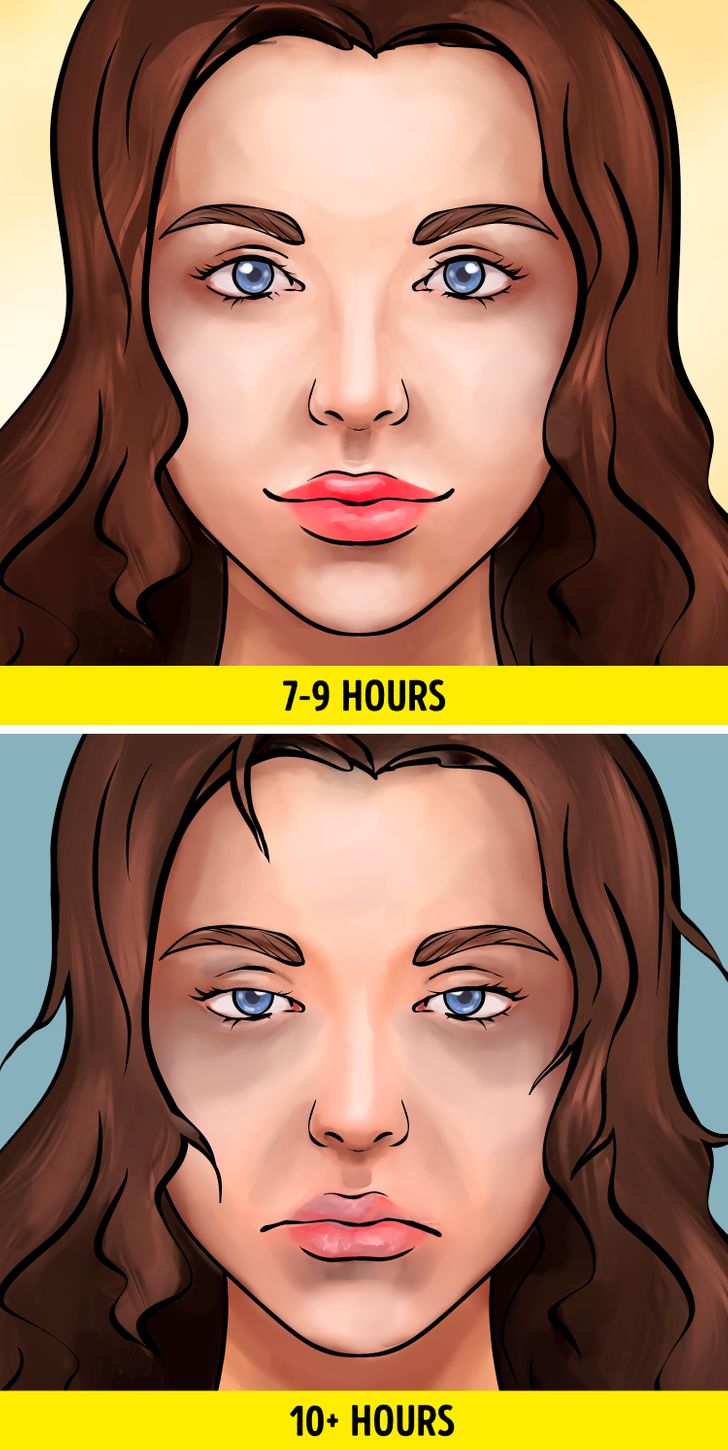
The opposite of insomnia, hypersomnia, is a condition known for increased sleep duration during the night or day. In fact, suffering from this condition can also mean you experience daytime sleepiness. In this case, you might be able to fall asleep even when you are driving or are at work. Even when sleeping more than the recommended amount, you will most likely feel tired and exhausted.
You might be depressed.
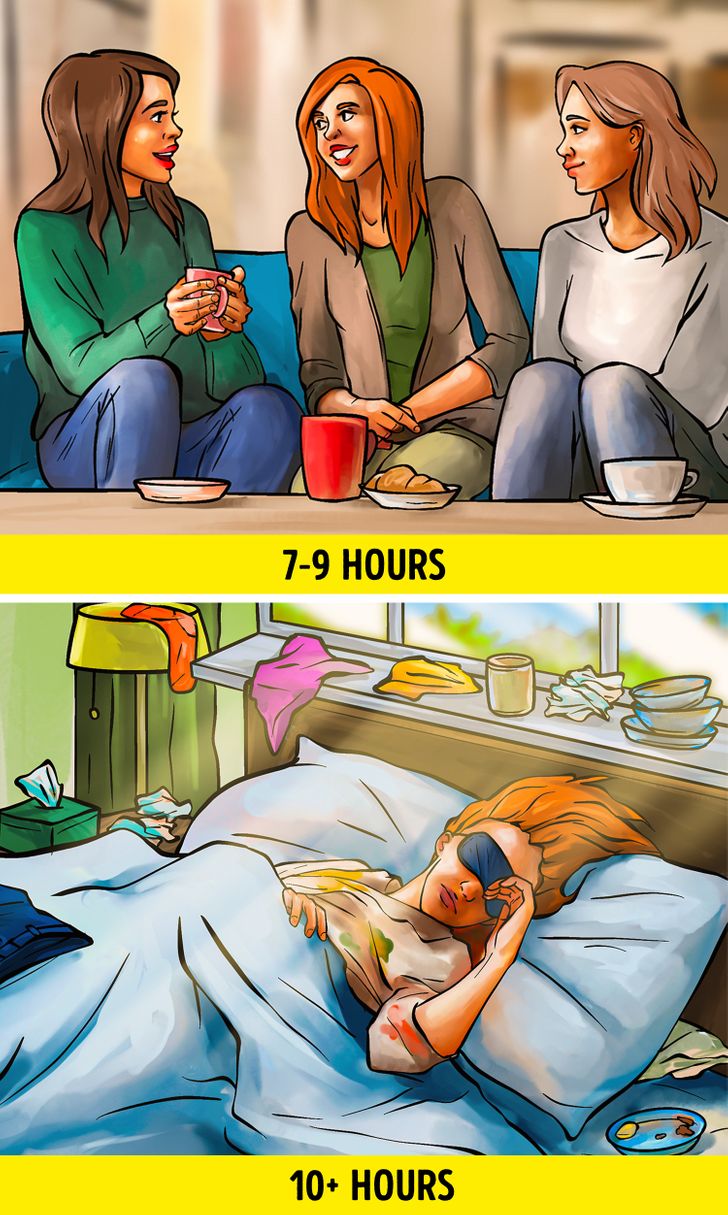
While some adults experience insomnia as a sign of depression there is a percentage of adults, as well as children and teens, who experience oversleeping due to this condition. If you are neglecting or unaware of the fact that you are suffering from depression, oversleeping can be a sign that you shouldn’t ignore.
Your heart might be the cause.
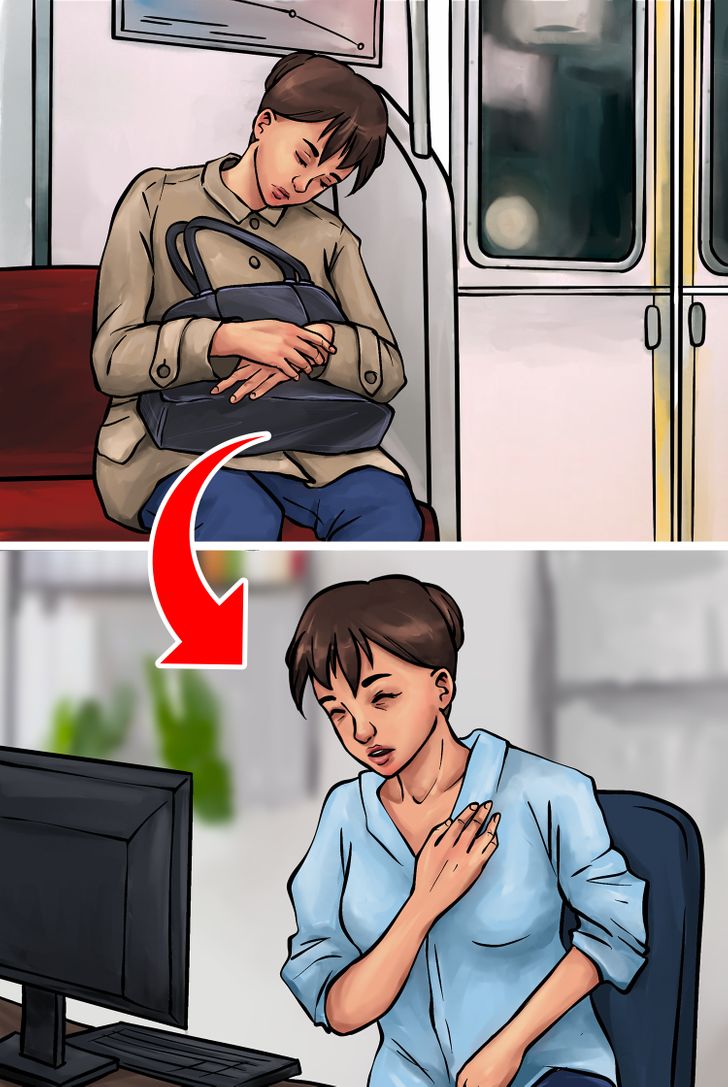
One of the signs that you might be suffering from a heart-related disease can be oversleeping. This also includes daytime sleepiness. While you might be feeling tired and exhausted, it might not be because you have worked a lot. That is why it is not easy to differentiate if your problem with sleeping more then 9 hours in a 24-hour cycle can be related to heart issues.
You should consider checking your thyroid.
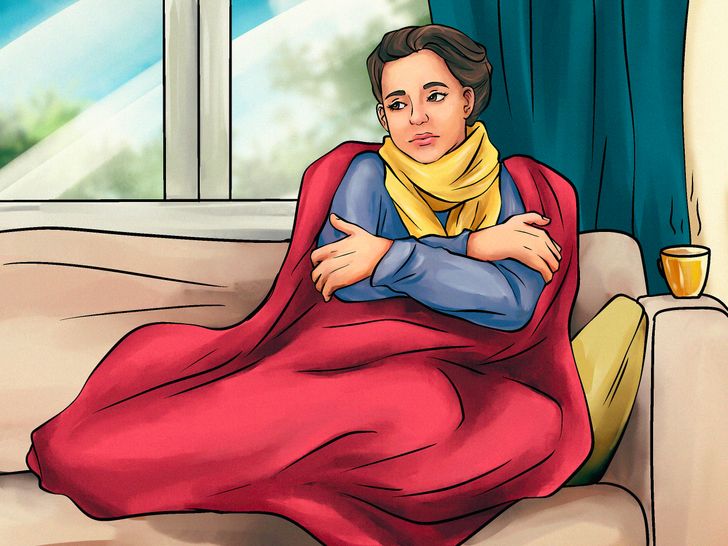
There are 2 types of thyroid issues that affect sleep. While one of them causes insomnia, the other causes oversleeping or the feeling of being tired all the time. Hypothyroidism is related to sleeping more than 10+ hours a day and can cause daytime fatigue and sleep. If you don’t suffer from any other health problems, but you are sleeping more than the recommended hours, it is wise to check your thyroid.
You might be sleeping more during a specific season.

This is a disorder also known as SAD. Different seasons have a different impact on those who struggle with this health issue. Oversleeping falls under the winter-onset of SAD, which is also known as winter depression.
You are sleeping less than 6 hours per night.
Yes, not getting the right amount of sleep can cause serious oversleeping problems. Whether by choice or due to other factors, lack of sleep can make you sleep more than usual. Your sleeping period should be calm, relaxing, and undisturbed. If not, you might end up sleeping more hours during the day, including daytime naps.
Your sleep might be disturbed by obstructive sleep apnea.
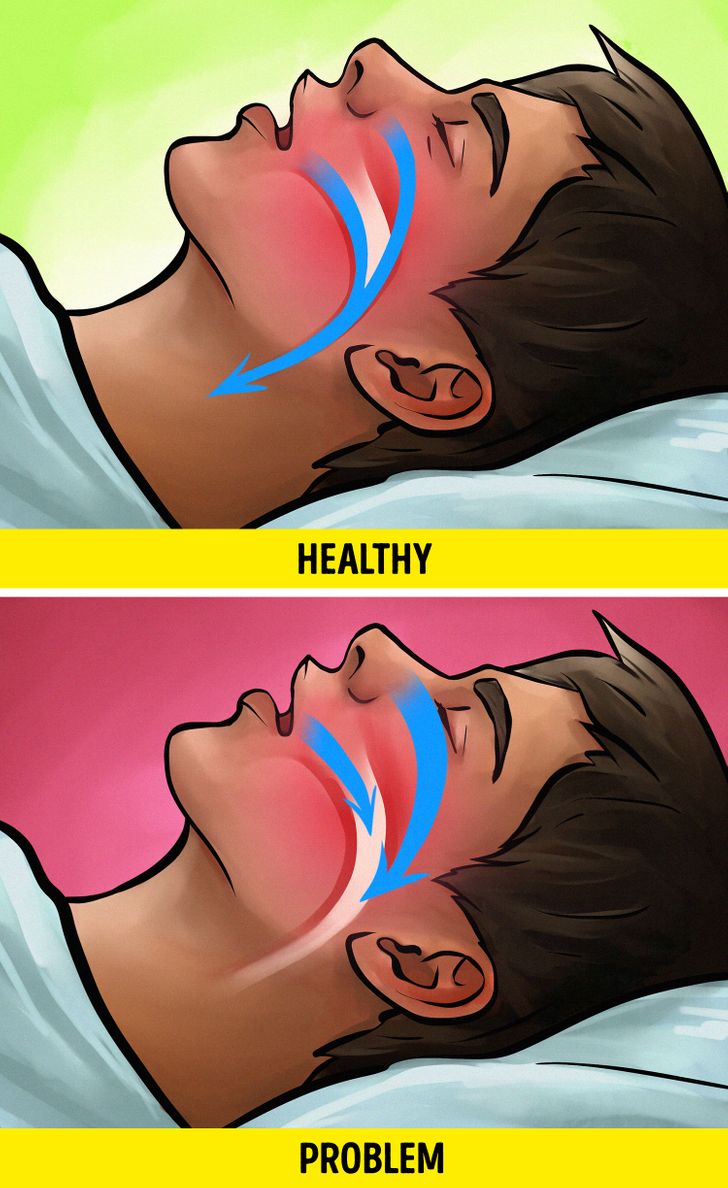
Obstructive sleep apnea happens when there is a blockage in the air pathways, the upper airways end up collapsing for 10 seconds, and this can happen up to hundreds of times a night. Due to this, our sleep gets disturbed multiple times per night and we need more hours of sleep to feel rested. When we don’t get those hours of sleep, daytime sleepiness occurs. It seems like you are able to fall asleep everywhere and at any time, and many of us might call this being a “good sleeper.”


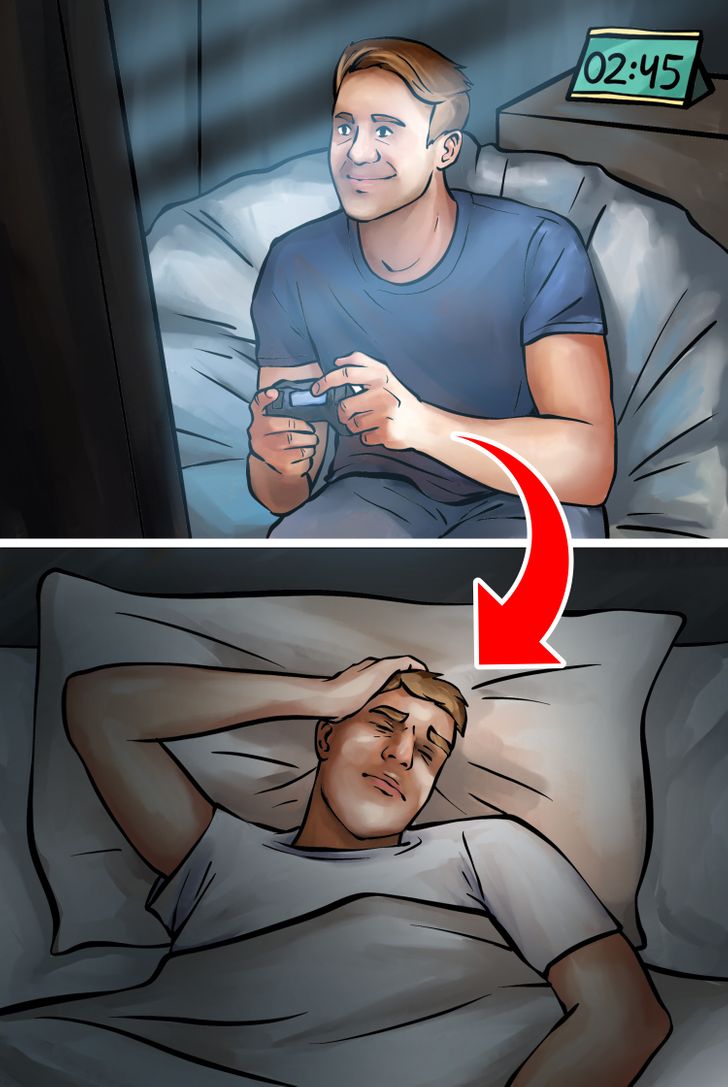
























No comments:
Post a Comment